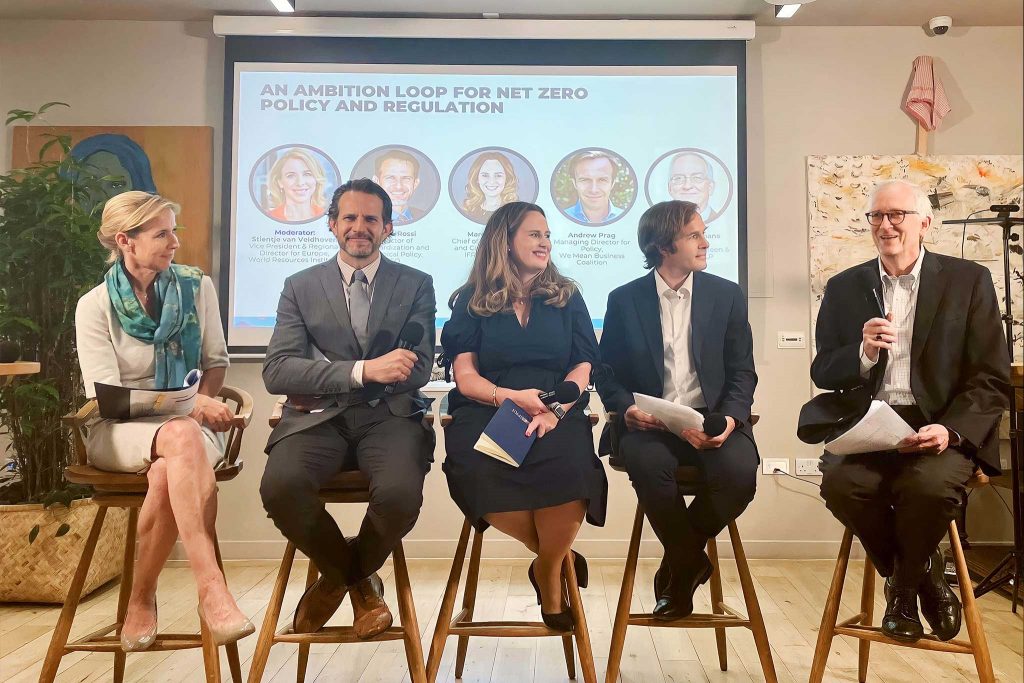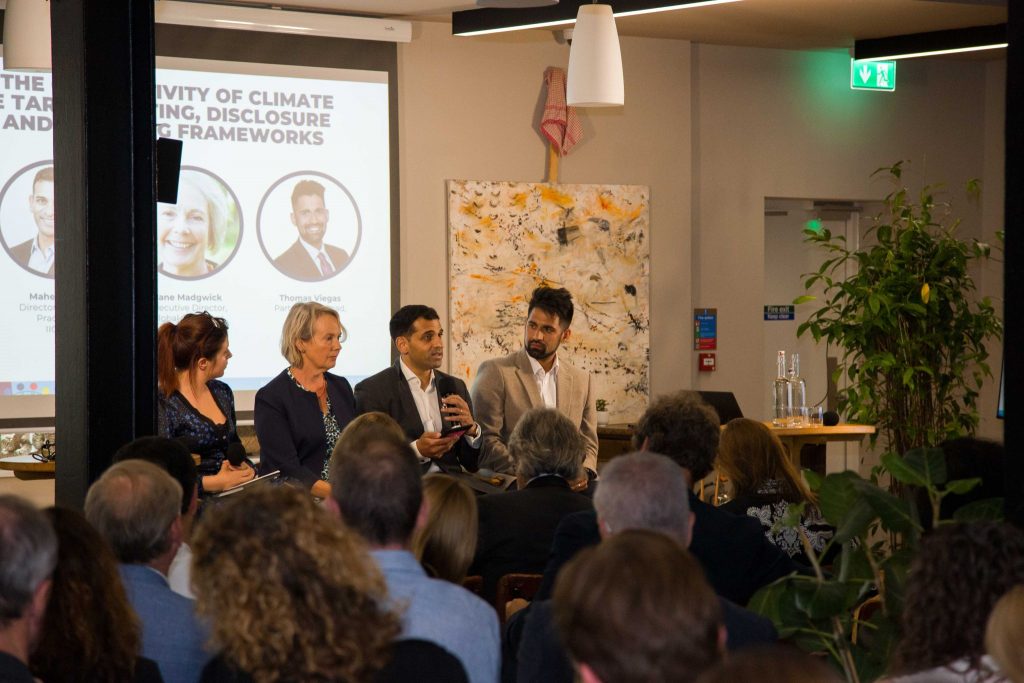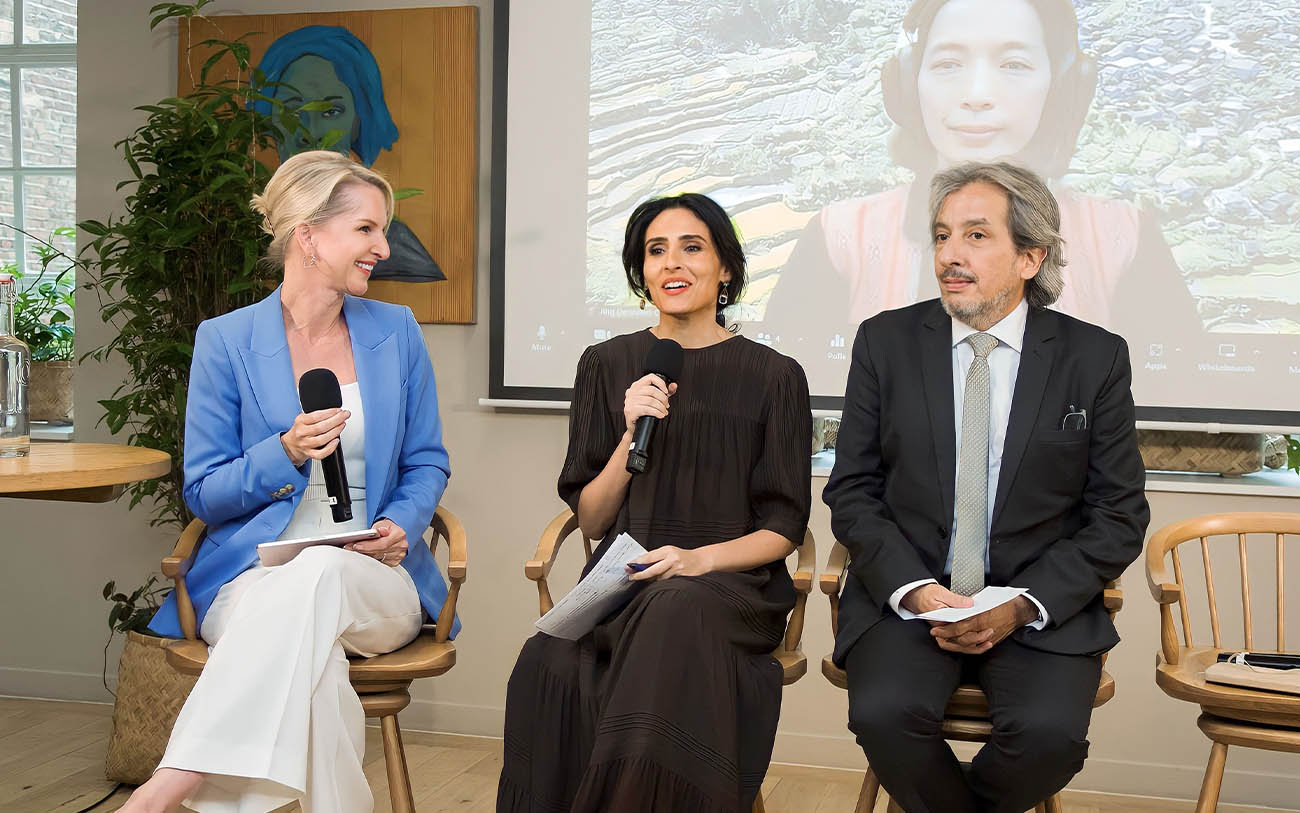English Español Français العربية
During London Climate Action Week, Razan Al Mubarak, UN Climate Change High-Level Champion for COP28, advocated for a nature-positive economy and called on businesses to step up climate mitigation and adaptation efforts and to include nature-based solutions in their climate transition plans. At the flagship event “The Race is On: Net Zero & Nature Positive for Climate Action” opening the London Climate Action Week 2023, Ms. Al Mubarak stated:
“A nature-positive economy is a no-brainer for biodiversity, the climate, public health, food security, and for the long-term goals and interests of businesses.”
While most of the world’s governments have committed to legally-binding actions on climate under the UNFCCC, steps taken by private companies, regional governments and municipalities are largely voluntary. As a High-Level Champion, Ms. Al Mubarak has been tasked with increasing these kinds of voluntary contributions, especially as it becomes apparent that government actions alone will not be sufficient to avert dangerous changes to the climate.


Later this year, the Global Stocktake – an official assessment of how the world is implementing the Paris Agreement – is expected to show that countries are not doing enough to achieve the agreed limit of human-induced warming to 1.5˚C above pre-industrial levels. Humans are destroying nature at an unprecedented rate, with biodiversity loss already costing the global economy 10% of its annual output.
As President of the International Union for Conservation of Nature (IUCN), Ms. Al Mubarak added:
“We know that there is no Paris Agreement without nature. Nature enhances resilience. It also provides at least a third of the mitigation opportunity required to achieve 1.5°C.”
Ms. Al Mubarak outlined several steps that companies and financial institutions can take towards a nature-positive economy: joining the Race to Zero campaign, which requires participants to pledge to reach net zero by 2050; financing nature-based solutions; disclosing climate and nature-related risks and opportunities and integrating them into decision-making; and setting science-based targets for climate and nature-positive actions and reporting progress regularly.
Urging immediate action, Ms. Al Mubarak said:
“This is a deciding moment in history. The challenge is critical and we are running out of time. Nevertheless, businesses and investors have more tools than ever to help accelerate emission reductions, enhance adaptation and reverse biodiversity loss by 2030.”
